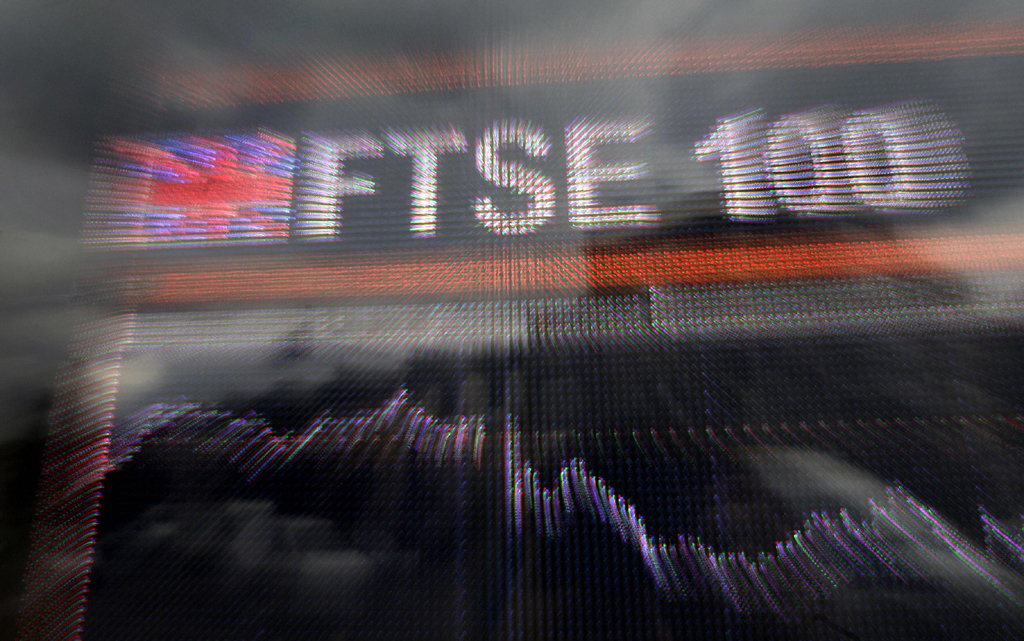 London's main stock index closed lower on Friday, capping its worst week in more than five months, with exporters following the US dollar lower as hopes for a resolution to the US-China trade dispute stoked appetite for riskier assets.
London's main stock index closed lower on Friday, capping its worst week in more than five months, with exporters following the US dollar lower as hopes for a resolution to the US-China trade dispute stoked appetite for riskier assets.
The FTSE 100, which is heavy with dollar-earners, inched 0.1pc lower at the end of its worst week since early December, as a drop in drugmaker AstraZeneca also dragged.
The more domestically focused FTSE 250 rose 0.4pc, however, after data showed British economic growth accelerated in the first quarter.
Investors bought into equities for most of the session as they hoped Washington and Beijing would be able to settle their trade spat, even after higher US tariffs on Chinese goods took effect on Friday.
The re-emergence of some risk appetite pushed the dollar lower against sterling, leading export-heavy blue-chip components to be among the biggest drags on the main index.
"There is the possibility that tariffs could still be avoided given that US officials allowed for goods currently in transit to be exempt from the new tariff increases," CMC Markets analyst Michael Hewson said.
US President Donald Trump's remark that he was in no hurry to sign a deal with China nevertheless raised some concerns.
Cityindex analyst Ken Odeluga noted that Trump's endorsement of tariffs over a trade deal was negative for the chances of one being sealed anytime soon.
"Investors are unlikely to have a relaxing weekend," Spreadex analyst Connor Campbell remarked.
In corporate news, AstraZeneca slipped 2.3pc after ambiguous results in test of an anaemia treatment developed by the company and its partners.
British Airways owner IAG advanced 1.9pc after it posted quarterly profit in line with expectations.
"It's not every day you'll see a company's profits fall so sharply but the shares still rise.
But when your competitors have slipped into a loss, it's perhaps not a surprise," Hargreaves Lansdown analyst George Salmon said.
Among small stocks, London-listed shares of platinum miner Lonmin fell 4.9pc to a more than three-month low after it said sales would be at the lower end of its target range, partly due to delays in a takeover by Sibanye-Stillwater.
Meanwhile, Thomas Cook jumped 6.6pc after Sky News reported on Thursday that Virgin Atlantic had offered to buy the tour operator's long-haul unit.




























Comments
Comments are closed.